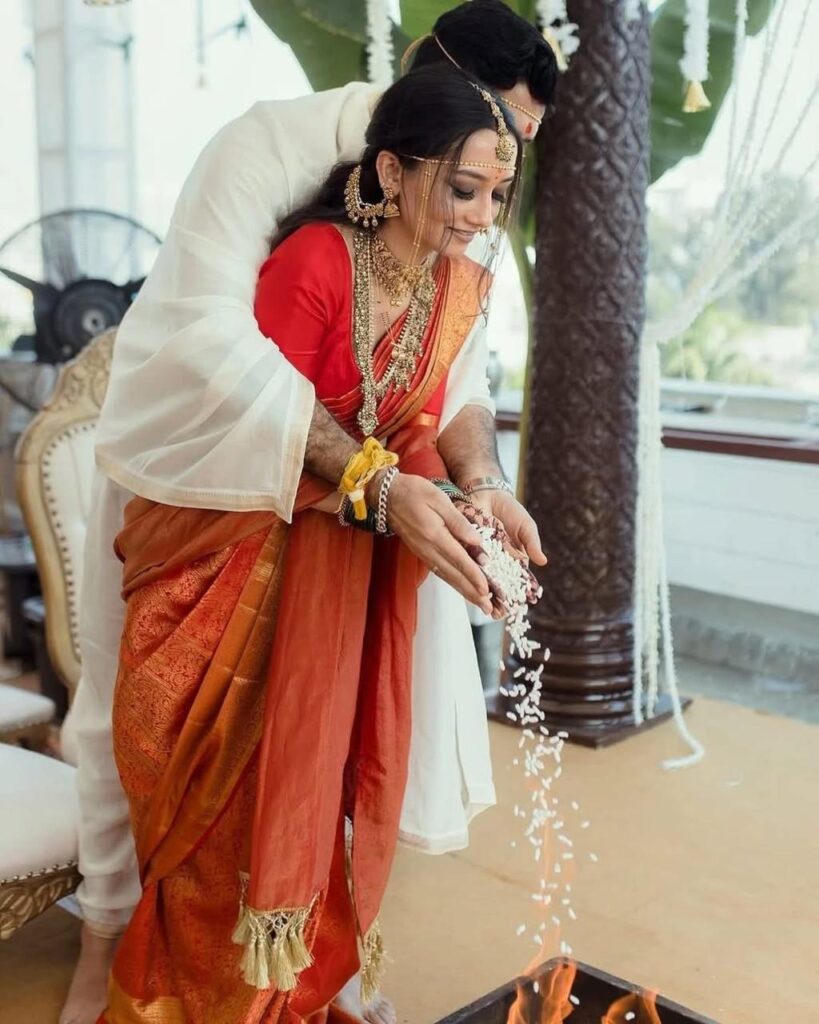“A Fortunate Detour”
By Lokanath Mishra
A Life-Changing Decision
Radhika still vividly remembers the day November 18, 1987. She was a student at the London School of Economics, immersed in her studies at the library after a long day of classes. Around 5 pm, one of her colleagues approached her, looking a bit flustered. She mentioned that her cousin had given her a wedding invitation card to hand over to Radhika, which she had forgotten. The colleague insisted that Radhika attend the wedding ceremony, which was scheduled for that very evening at the Hotel Marriott.

Despite initial hesitation, Radhika eventually accepted the invitation and accompanied her colleague to the hotel. As it turned out, this decision would change the course of her life in unexpected ways. The wedding ceremony was a grand affair, and Radhika was introduced to many new people, including some who would become significant in her life.

The events of that evening would leave a lasting impact on Radhika, shaping her future in ways she could hardly have imagined. The chance encounter, facilitated by her colleague’s forgotten invitation, led to a series of events that would alter the trajectory of her life forever.

Radhika attended the marriage ceremony of her friend, despite receiving the invitation at the last minute. As she watched the proceedings, she couldn’t help but feel horrible for the bride. The groom was from her neighborhood housing society, and she had witnessed his behavior towards women in her colony. He had a history of making weird comments and objectionable jokes, displaying a rather misogynistic attitude. The groom was having an extra marital relationship with a married woman of Muslim origin.

What struck Radhika was the contrast between his behavior and his mother’s words. The mother seemed to embody the very hypocrisy and patriarchy she claimed to disdain, speaking about wanting a daughter-in-law who would blindly follow her son’s orders. The groom’s father also had a history of disrespecting his wife, often making gravely disrespectful remarks that he thought were humorous. Additionally, Radhika knew that the groom’s father was in a relationship with a widow woman in India.

Given this background, Radhika felt a sense of concern when she saw the groom and his family. The marriage was an arranged marriage between two families from the same community, both staying in London. However, what truly made Radhika feel horrible for the bride was when her father mentioned her ambitions to become a fashion designer. He seemed thrilled to have found such a good groom and family for his daughter.

The disconnect between the bride’s aspirations and the groom’s family dynamics was stark. It was a painful reminder of the societal pressures and expectations that women often face. The bride’s father seemed oblivious to the potential mismatch, and Radhika couldn’t help but wonder what the future held for her. The situation felt all too familiar, a cliché of the patriarchal norms that persist in our society.

Radhika chose not to interfere, but it was hard not to feel a sense of empathy for the bride, who might be about to embark on a journey that could challenge her aspirations and autonomy. As Radhika watched the bride exchange vows with the groom, she couldn’t help but think about the challenges that lay ahead for her friend. Only time would tell if the bride would find happiness in her new life, or if she would struggle to balance her aspirations with the expectations of her new family.

Radhika’s life took an unexpected turn on November 18, 1987. She had almost missed her friend’s wedding ceremony at the Hotel Marriott due to a last-minute invitation, but she finally attended. Unbeknownst to her, this decision would prove to be life-saving.

After dinner at the wedding reception, Radhika headed to the Barbican Tube station to catch the Circle line to Kings Cross, where she planned to change onto the Northern Line. However, when she reached Kings Cross, the train didn’t stop, which she found odd. She ended up going back and forth through Kings Cross three times, and during her last trip on the Northern line, she could smell smoke.

It wasn’t until later that Radhika realized the significance of that day. A devastating fire had broken out in the Kings Cross St Pancras Underground station, claiming 31 lives and injuring over 100 people. The fire started around 7:25 pm when a lit match fell through a gap on a wooden escalator, igniting the grease and litter beneath the steps.

Radhika felt grateful for the unexpected invitation to the wedding ceremony, which had altered her plans and potentially saved her life. If she had followed her original plan, she would have likely been in Kings Cross at the height of the fire. This close call reminded her of how quickly life can change and the significant impact of small decisions.
